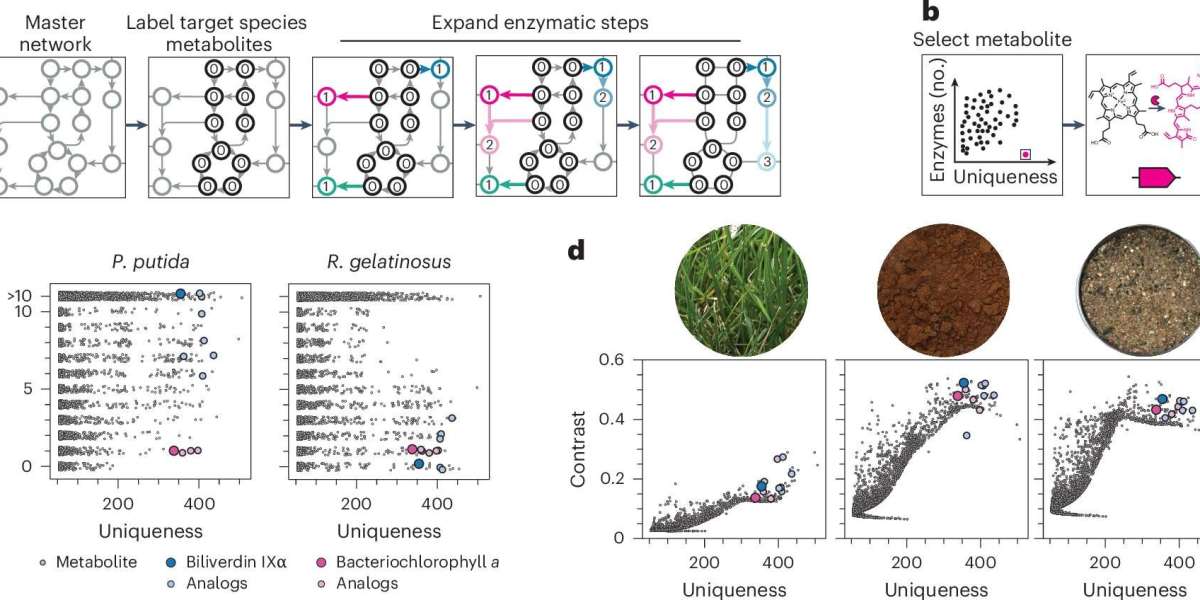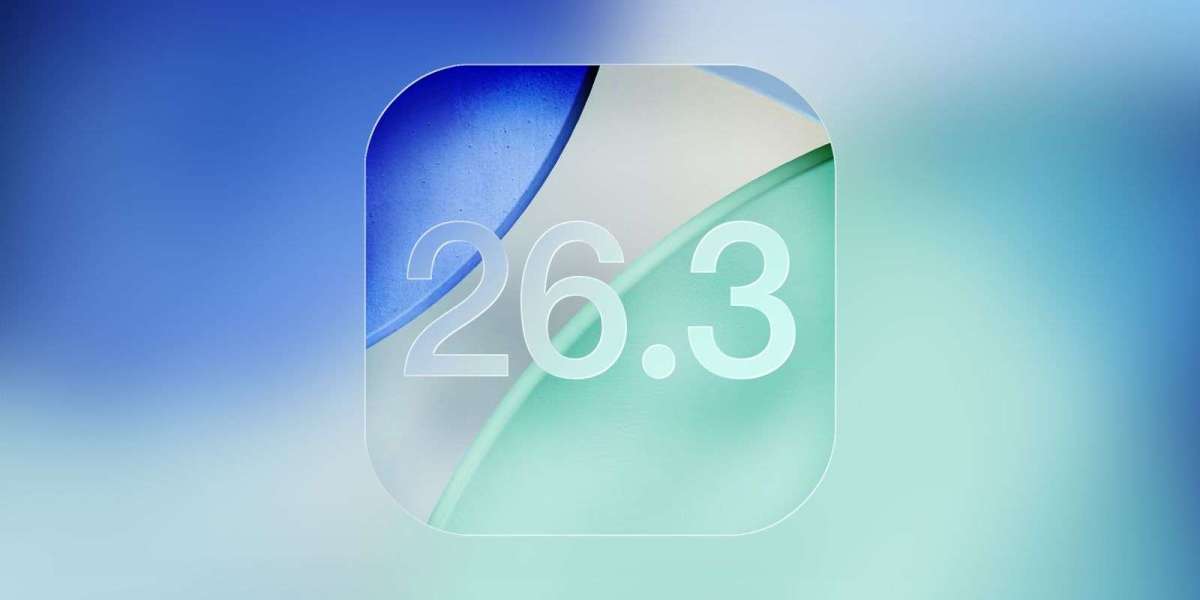article image source: freepik.com (link)
In a significant move to combat the rising tide of online scams, Meta has unveiled a set of new safety features for WhatsApp and Messenger. These updates aim to protect users—particularly seniors—from falling victim to increasingly sophisticated cyber fraud. With online scams now operating across multiple platforms and targeting vulnerable groups, Meta is taking a more proactive role in digital safety.
advertisement
;/p>
Real-Time Warnings on WhatsApp Video Calls
One of the standout updates is the screen-sharing warning on WhatsApp. When a user attempts to share their screen during a video call with someone not in their contact list, the app now displays a cautionary prompt. This alert encourages users to share their screens only with people they trust, highlighting the risk of unintentionally exposing sensitive data such as bank account details, OTPs, or personal messages.
This update comes in response to a growing scam trend where fraudsters impersonate customer service agents or bank representatives, persuading victims to “just share your screen” to resolve an issue—only to steal critical information in real-time.

image source: indiatoday.in
AI-Powered Scam Detection on Messenger
On Messenger, Meta is currently testing advanced AI-based scam detection tools. These systems scan messages from new or potentially suspicious contacts. If the AI flags a conversation as risky, users receive a warning about possible scams, with the option to send recent messages for further AI review.
The system not only alerts users to possible fraud but also educates them on common scam tactics—from fake job offers to get-rich-quick schemes—and provides options to block or report the suspicious account directly.
Security Enhancements Across Meta Platforms
Beyond WhatsApp and Messenger, Meta is introducing broader security tools across its app ecosystem, including Facebook and Instagram:
Passkeys: Users can now log in using biometrics like fingerprint, facial recognition, or a secure device PIN, reducing reliance on vulnerable passwords.
Security Checkups: Both Facebook and Instagram offer checkup tools that guide users through reviewing and updating their security settings.
WhatsApp Privacy Checkup: This feature lets users manage who can contact them, view their profile, or add them to group chats.
These updates are designed not only to detect fraud in real-time but to build digital habits that prevent scams before they start.

Image Credits: Meta, source: techcrunch.com
A Global Fight Against Online Scams
Meta reports that it disrupted over 8 million scam-related accounts in the first half of 2025, many of which were linked to operations in Myanmar, Laos, Cambodia, the UAE, and the Philippines. Additionally, it took down more than 21,000 Pages and accounts posing as fake customer service agents—a tactic commonly used to harvest private user information.
Focusing on Older Adults and Digital Awareness
Understanding that seniors are often the most at risk, Meta has launched several targeted awareness campaigns:
In India, Meta partnered with the Department of Telecommunications (DoT) to launch the “Scams Se Bacho” campaign, producing multilingual videos designed to educate older users about digital threats.
The company is also supporting Saksham Senior, a local initiative to help older adults confidently navigate technology and recognize online scams.
Globally, Meta has joined forces with the National Elder Fraud Coordination Center, working alongside companies like Google, Amazon, and Microsoft to address fraud targeting older adults.
Conclusion: A Small Alert Can Make a Big Difference
In today’s hyperconnected world, scams have evolved beyond poorly written emails and obvious red flags. They’re smart, emotionally manipulative, and often hard to spot—especially for those less familiar with digital spaces. Meta’s latest features don’t just serve as tech upgrades; they represent a critical cultural shift in how online platforms protect users.
A simple alert during a video call, a reminder before clicking a suspicious link, or an AI-powered review of a strange message could be the difference between safety and serious financial loss. And while no system is foolproof, these tools help people pause, think, and act wisely in moments that matter.
By combining technology, awareness, and global partnerships, Meta is taking a vital step toward making the online world a little safer—for everyone.
Sources:
Mint: Meta adds new alerts on WhatsApp and Messenger to help users spot potential scams
TechCrunch: WhatsApp and Messenger add new warnings to help older people avoid online scams
Times of India: Meta launches features on Facebook, Messenger and WhatsApp to protect users from online scams
India Today: WhatsApp now warns you before sharing screen with strangers during video call
Thank you !













































































